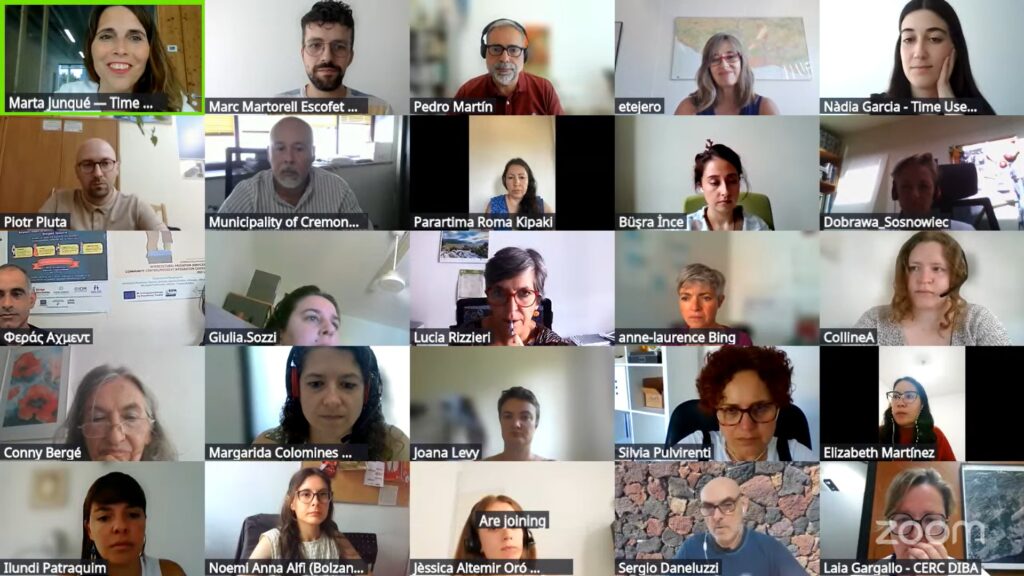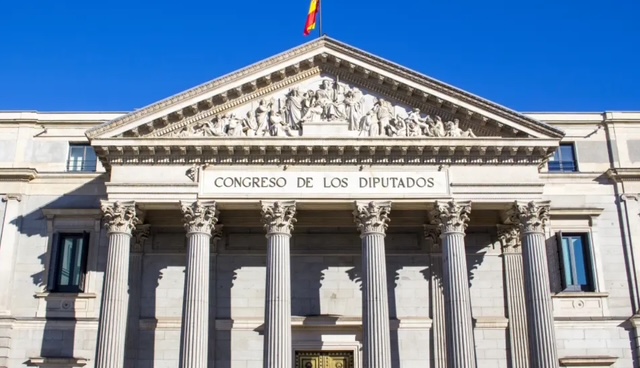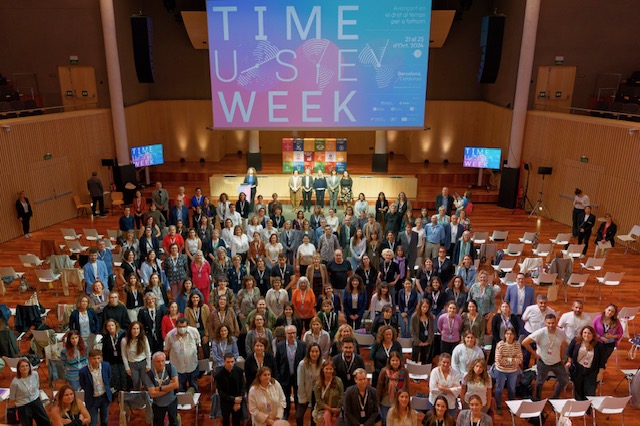More than 300 professionals from 36 countries have been trained in time policies at the Time Academy
From 30 June to 3 July, the Time Academy was held, the first international training dedicated to time policies. The event brought together more than 300 people from 36 countries: professionals from local and regional governments and other fields involved in the design and implementation of public policies. The Academy has provided participants with theoretical […]












